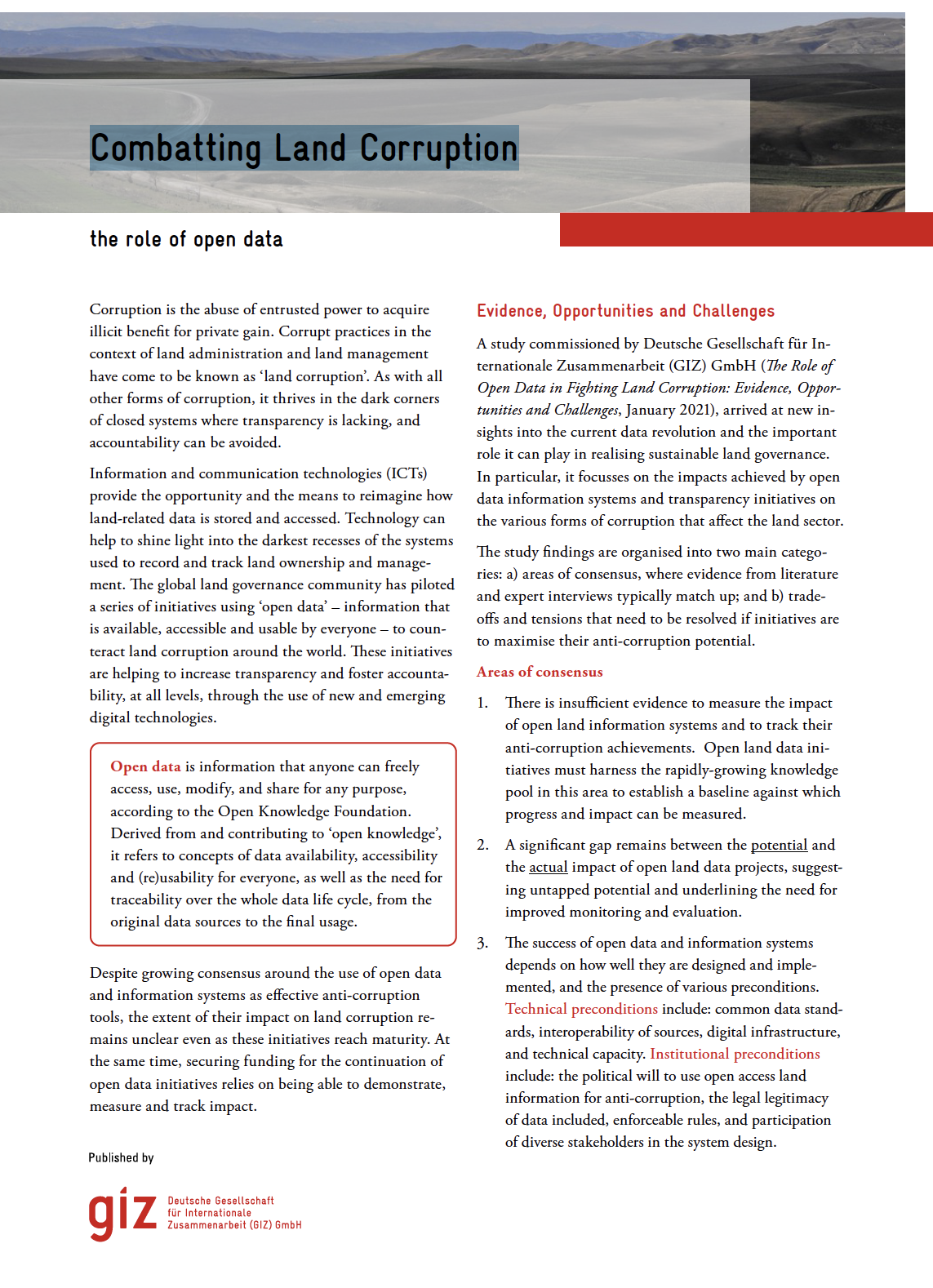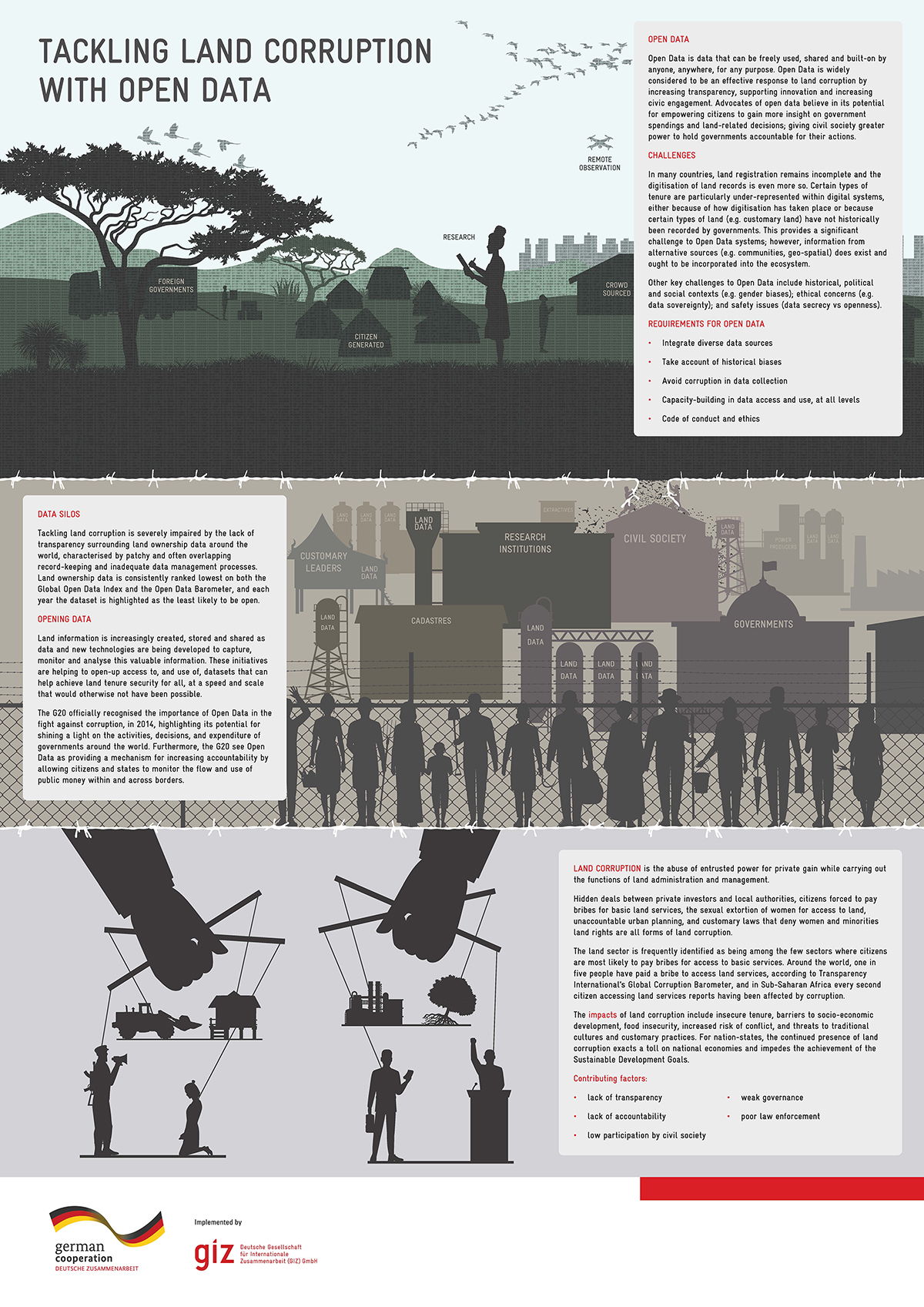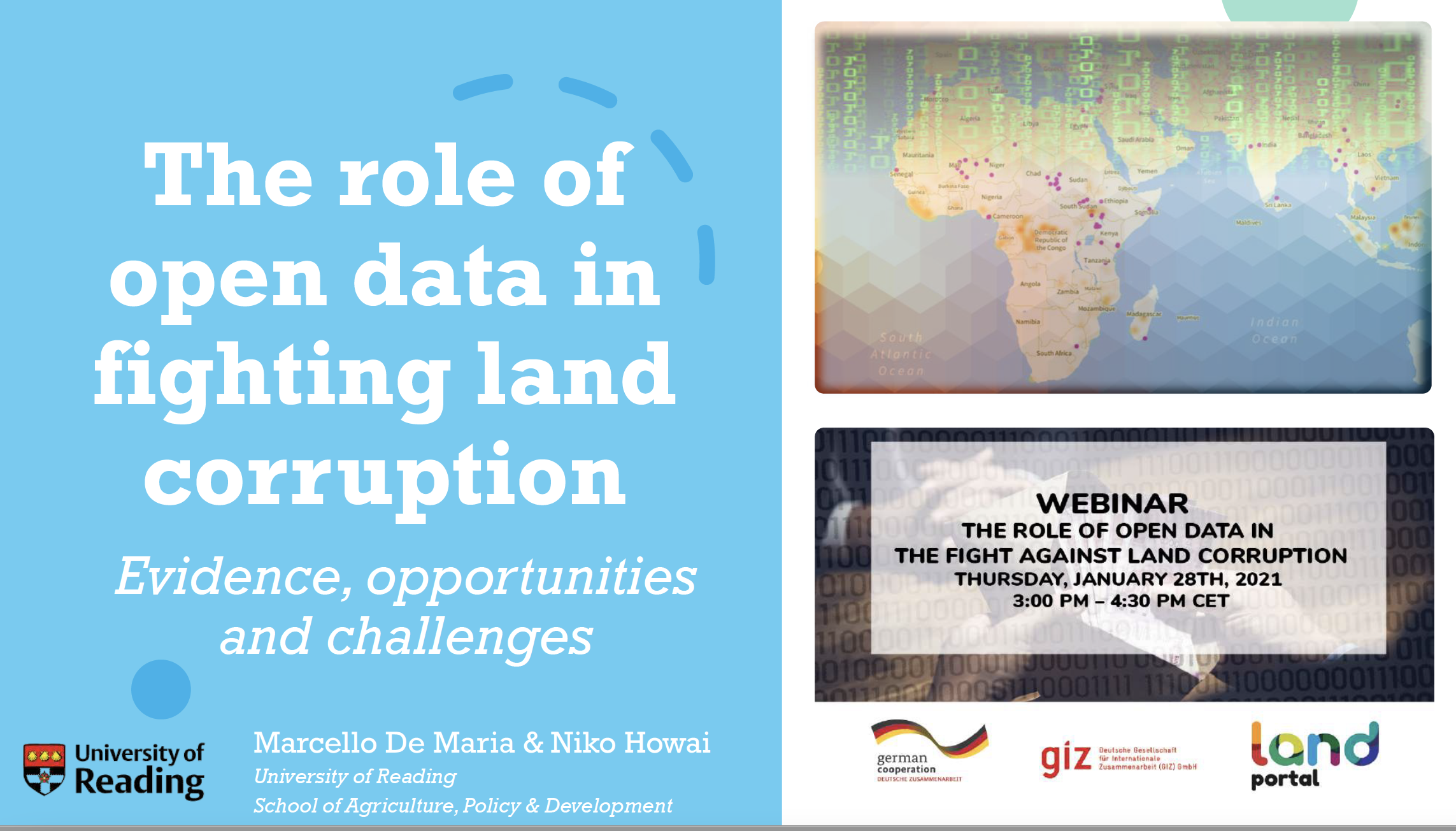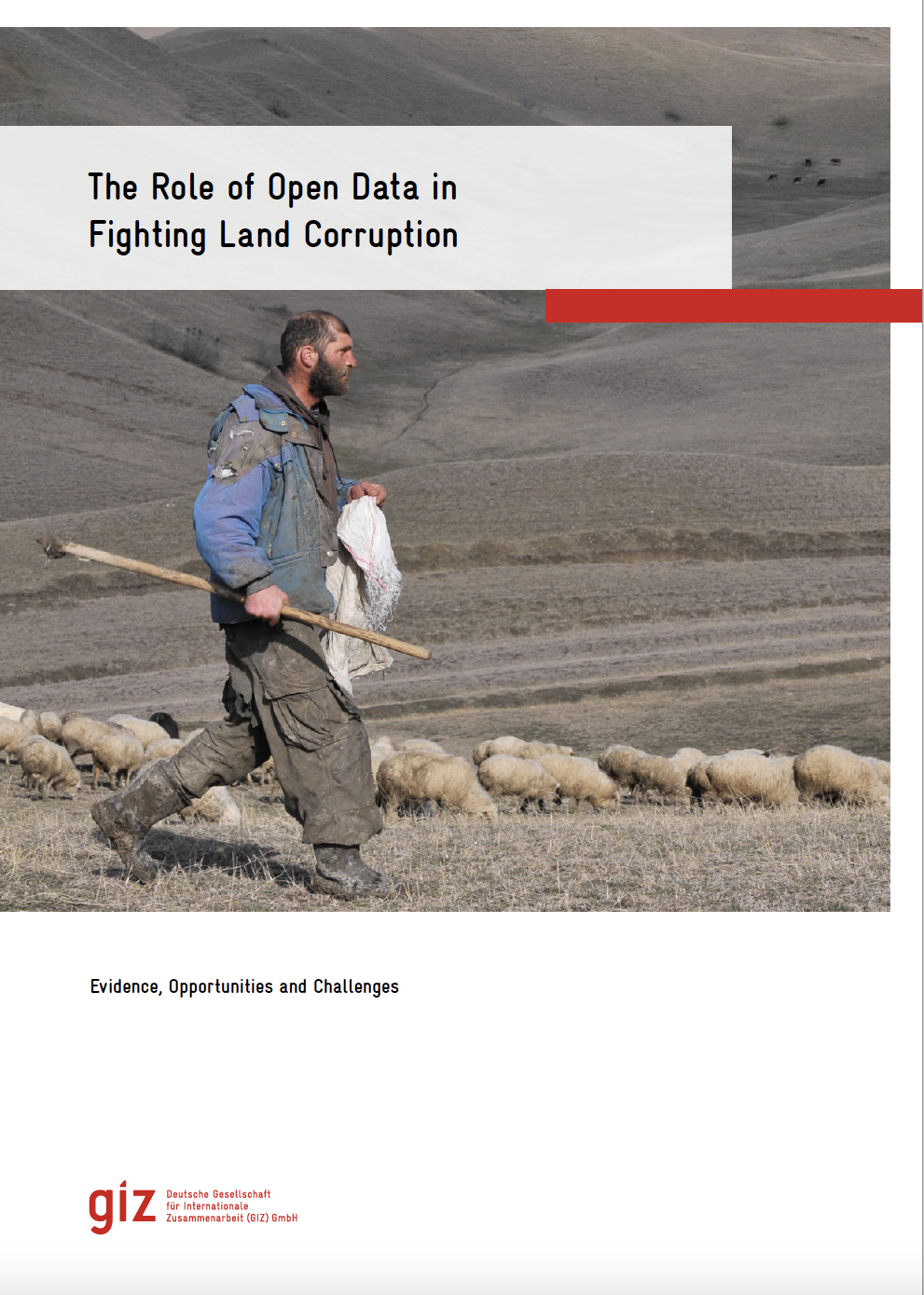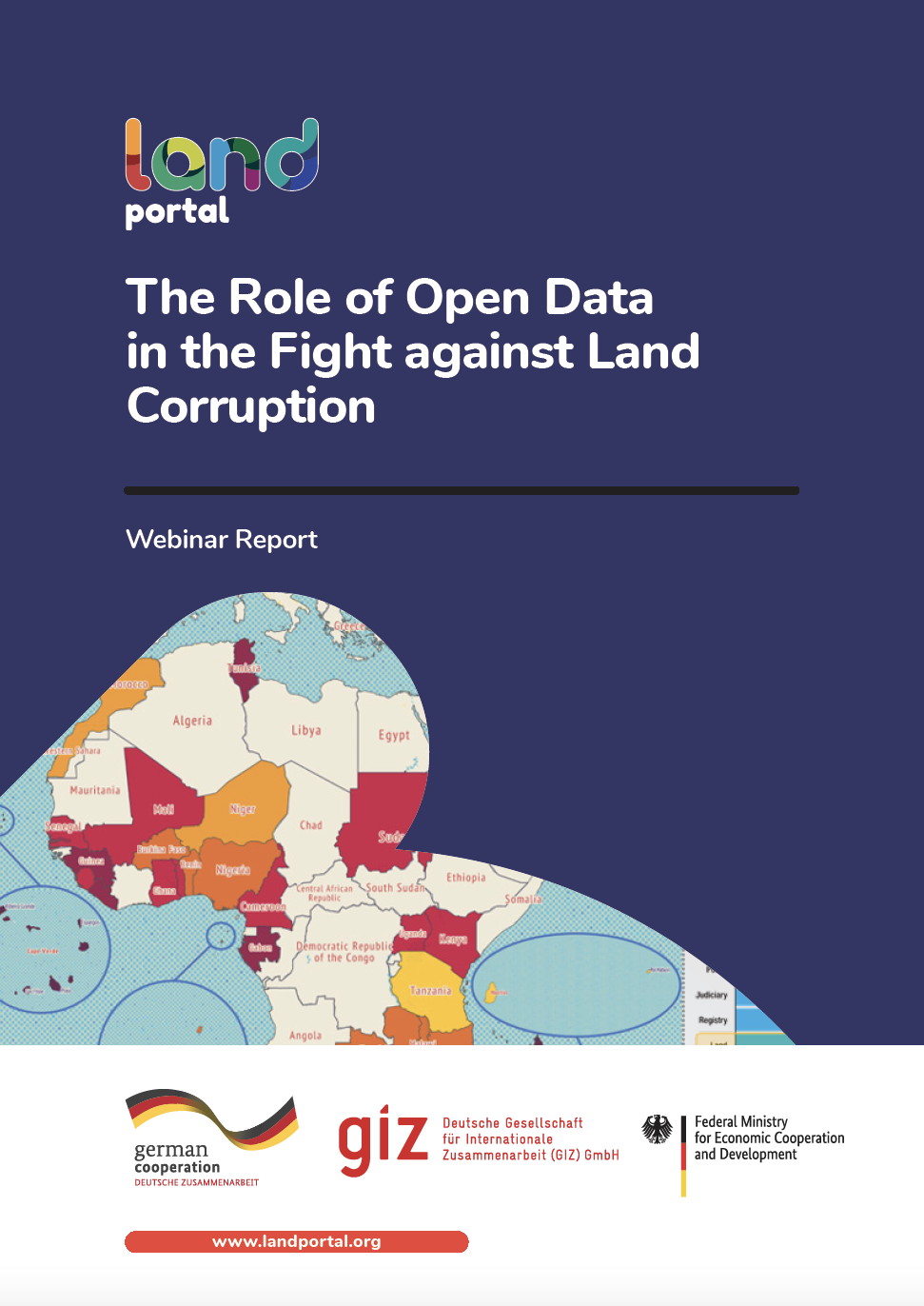Preliminary Report on Agricultural Census 2019
The Agriculture Census 2019, the sixth in its series, is an agricultural statistical venture of Bangladesh Bureau of Statistics (BBS). Not only has Bangladesh recorded persistent economic growth of 7.86 to 8.13%, but it has also achieved a substantial reduction in poverty rate. Bangladesh retains a strong commitment to social cohesion and to a progressive development agenda. The accelerated economic growth in the country is a consequence of this socio-economic development particularly in regards to the growth of agriculture sector.




